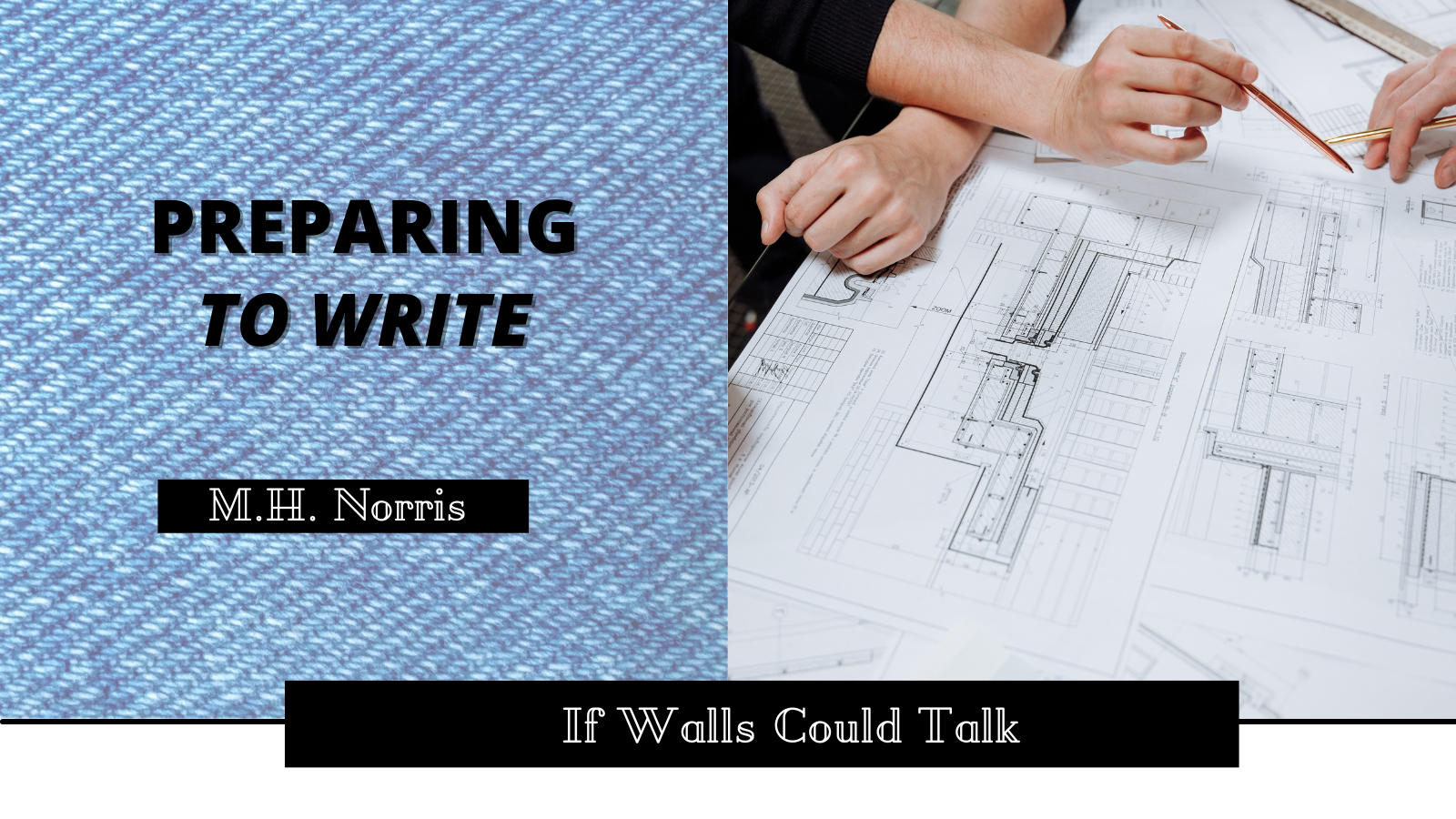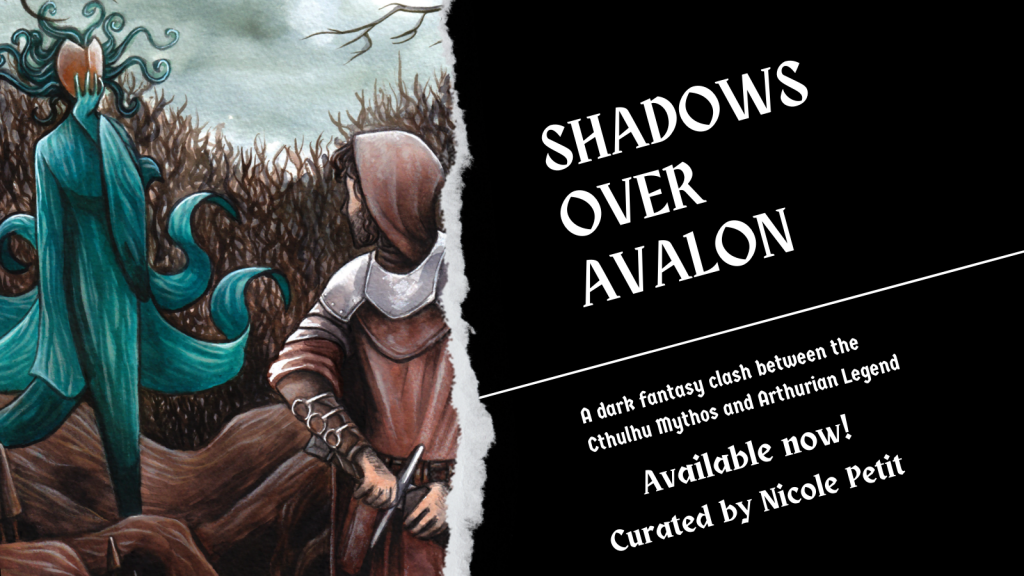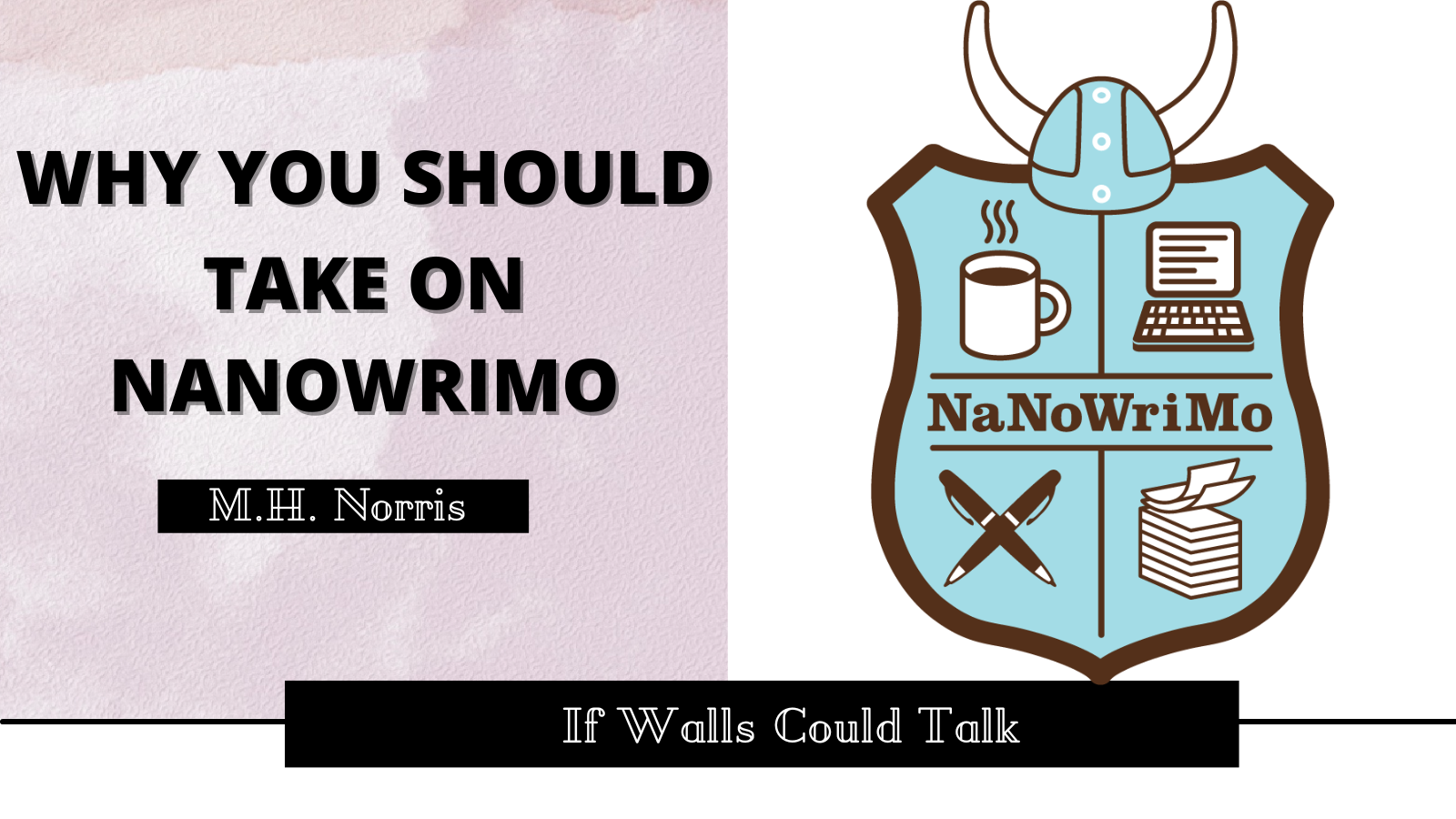
With just 13 days left until NaNoWriMo, a lot of people are neck deep into preparations. See, the rules only say you have to write in the month of November. It doesn’t mention everything you have to do to prepare.
In fact, they openly encourage you to spend September and October preparing to write. The fact of the matter is – once you get started, you don’t have a lot of time to stop and do the things you could have done.
It’s hard enough to write 1,667 words a day. Trying to do that and a multi-day research binge? Good luck with that.
I used to avoid prep. I had a basic idea of what I was going to do and then just slapped words on the page come November 1st.
Earlier this year, I wrote an article, “From Pantser to Plotter.” I highly recommend rereading that.
Planners are exactly what it sounds like: someone who plans out their stories. Now, that can take many forms. Some writers have detailed outlines, while others are more vague. Some have detailed boards with locations and character bios – and research everything. They know what they’re doing, and they start prepared.
Pantsers get their names from the phrase, “fly by the seat of their pants.” They are the writers who wing it. Who abhor outlines. Who embrace the challenge of the blank page and all of the unknowns that follow.
As I mentioned in the other article, for the first several years of my writing career, I was a Pantser. These days, I’m very much a Planner.
What can you do to prepare, either for NaNoWriMo or for an upcoming project?
I thought you’d never ask.
1) Outline
“Outlines” used to be my most dreaded word. As I approach the 10th anniversary of my first short story, I laugh at how my relationship with outlines has changed.
That’s not to say I’m an expert at them.
Trust me, I’m not.
But I have learned to see the value.
You can do a basic “this is what happens in each chapter and I’ll expand on it as I reach them” type of outline. Even just that basic idea of Point A to Point B helps make the most of even a sometimes limited writing schedule. For example, right now I have three chapters worth of an outline in The Importance of Glass Slippers. Based on my previous draft along and notes in my original outline, I’m forming a scene by scene outline.
Not only does it help guide me while I’m writing, but it also helps me see how the story is flowing, or if the chapter itself is working.
Other people go much deeper into their outlines and write pages upon pages with every little detail in it. I’d admire their dedication to that, but I honestly think it would drive me mad. Of course, they tell me they’re saving time by writing what is a kind of first draft.
Outlining is something that’s invaluable to do ahead of November. By working on it now, you have a clearer idea of what you want to write. And that means more words on the page.
Perhaps before November 1st, I’ll outline the rest of The Importance of Glass Slippers. That way, I can get through it by month’s end.
2) Research
I’m not saying that you can’t do any research in November. Quite the opposite. The fact of the matter is, this is an area where you’re never going to be fully prepared. You’re going to hit a point where you have to stop and Google something.
But, there’s a lot you can do beforehand.
Let’s look at The Importance of Glass Slippers as an example. I’ve read multiple books, watched a movie from the period that explores the same place my book is set, gone through old magazines and newspapers to get a feel for the people involved, emailed experts, and more.
By compiling this, I have a better idea what holes I need to fill via research.
By spending time here researching, you are saving yourself valuable time in November. Maybe that’s another reason why I should finish the outline before November 1st…
3) Character Development
This is often overlooked. I know I did as a new writer. As a result, I look back on my earlier stuff and cringe a fair bit. It was a start. And in my opinion we are all students and never masters in the craft of writing.
But still.
Your main characters are going to be the gateway into the world you are creating. How well you know them is going to affect how effectively you put words on the page.
On top of being given a series bible for this novel, I have rough notes on who they interact with the most and their role in the story. This saves me from having to flip back and forth through the draft looking for someone’s name.
Honestly, some of this info might never see the page. But I know it and, knowing it does change how I approach their scenes.
For primary characters, I tend to spend time looking at them, who they are, and how they’ll view the story.
Despite how much of her world I’m still developing, I’ve gotten to know Dr. Rosella Tassoni quite well. But I still have to dig into her as I write her stories because she has a lot of layers.
With lesser characters, I’ll sometimes cheat. I’ve used This character generator a few times. (https://www.character-generator.org.uk/). I primarily use this to give some depth to a character I won’t feature prominently. Sometimes for murder victims, other times for suspects, and for those characters that you need for a few pages and don’t want to have them cause that chapter to fall flat.
Preparing for the Best
There’s so much you can do without actually writing (in fact, I wrote an article on that too). Using time to prep is invaluable.
Don’t think that the above tips can only be used for NaNoWriMo. You can use this for any project. Hopefully this helps you bypass some of the problems I had as a younger writer.
What are you doing to prep for NaNoWriMo? Or even, how are you preparing for your next writing project? Comment below or reach out to either @18thwall or @girlinpink44 on twitter! I’d love to hear from you!





